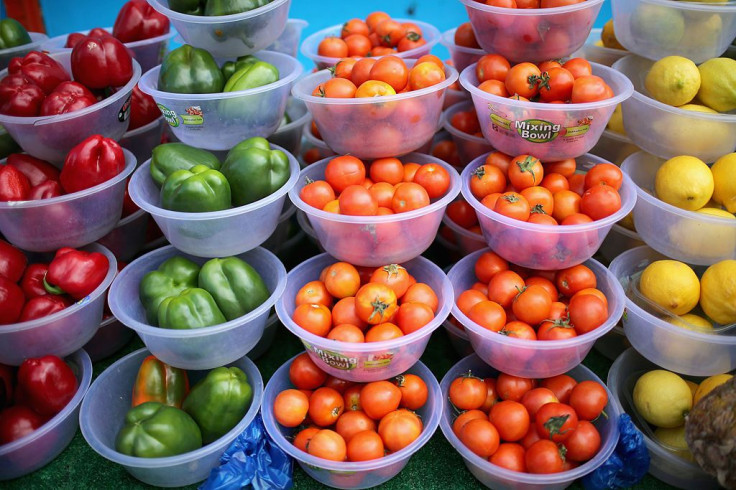Do Fruits And Vegetables Really Fight Cancer?

While some of us earnestly want to believe that religiously eating fruits and vegetables can fight cancer, medical research doesn’t support this belief in its entirety.
A major study released in 2010 that tracked the eating habits of 478,000 Europeans suggests consuming lots of fruits and vegetables has some effect on preventing cancer. The European study involved 142,605 men and 335,873 women that were monitored for an average of nearly nine years.
The study showed eating more vegetables was associated with a small but statistically significant reduction in cancer risk. This translates into a 4 percent lower risk of cancer for every two extra servings of vegetables a day a person eats.
This means a person with a 10 percent risk of getting cancer over the next eight years will, at best, lower his risk to just 9.6 percent by eating two extra servings of vegetables a day. It’s statistically very small but psychologically uplifting.
Eating veggies and fruits will also improve your heart health. That’s great when one remembers heart disease is the leading cause of death in the U.S., accounting for almost 1 in every 4 deaths and affecting significantly more men than women.
The other top four causes of U.S. deaths are cancer, chronic lower respiratory disease, accidents and Alzheimer's disease.
Published in The Journal of the National Cancer Institute, the study was the latest in a number of studies that studied the potential of fruits and veggies to lower cancer risk. There’s also evidence that certain vegetables contain potent, cancer-fighting compounds. For example, lycopene from tomatoes may lower prostate cancer risk.
Another study also suggested a potentially higher anticancer benefit of eating vegetables for people who regularly drink alcohol. Other studies do confirm that high vegetable consumption is associated with lower risk of cardiovascular disease.
What these separate studies say is eat more fruits and vegetables to stay healthy.
“We now have much more information from prospective studies on intake of fruits and vegetables in relation to risk of cardiovascular disease,’’ Dr. Walter Willett, chairman of the department of nutrition at the Harvard School of Public Health, said. “Thus the advice should continue, but the benefit will be primarily for heart disease and stroke.’’
Overall, the findings suggest at least a small lower risk of cancer among those who eat lots of vegetables.
The study focused on vegetable consumption during adulthood but doesn’t reveal much about the effect of high vegetable consumption during childhood and the teenage years.
The fact is that a large body of evidence shows increasing vegetable consumption is good for your heart. A 2004 study showed that eating five or more fruit and vegetable servings daily was associated with a 30 percent lower risk of heart disease or stroke compared to those who ate less than 1.5 servings a day.
Published by Medicaldaily.com



























